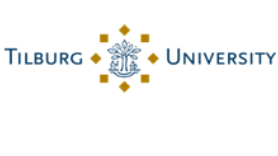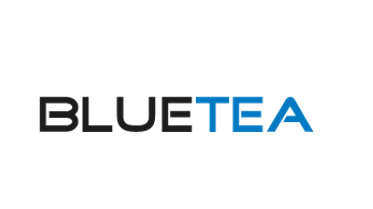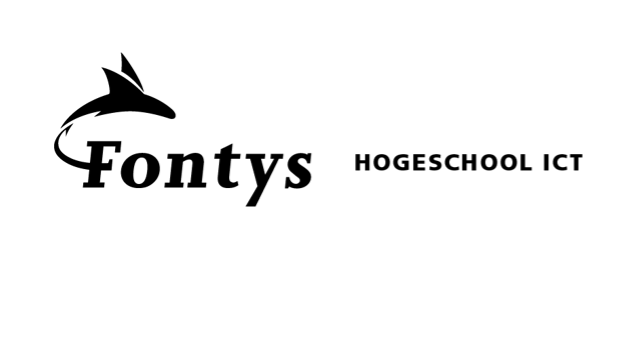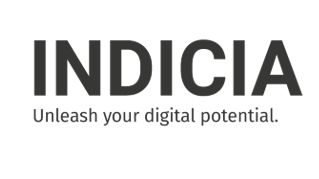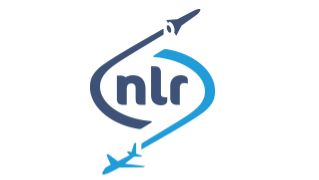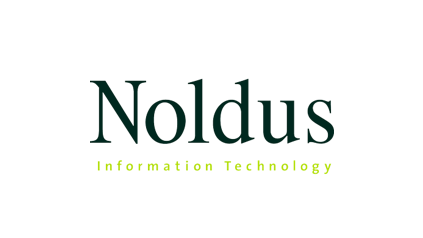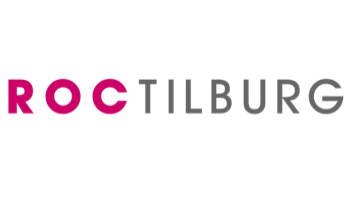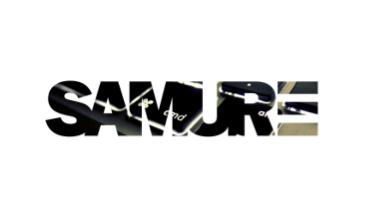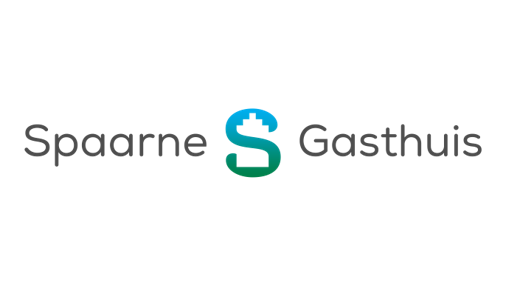Tilburg University – Department of Cognitive Science and Artificial Intelligence (COORDINATOR)
The Cognitive Science & Artificial Intelligence (CS&AI) department conducts research in the field of cognitive psychology, computational linguistics, computer science, data science and artificial intelligence. The department excels in explainable AI and hybrid intelligence. Rather than finding a strict computational solution to societal problems, we aim to find a solution that includes a through understanding of the (cognitive) mechanisms. The department hosts both Bachelor and Master programs in data science and cognitive science and artificial intelligence, now having one of the largest artificial intelligence programs nationally. Because of its interdisciplinary nature, the department has played a significant role in the Jheronimus Academy of Data Science (JADS) in ‘s-Hertogenbosch (collaboration with Eindhoven University of Technology) and MindLabs (collaboration with Fontys University of Applied Science, ROC Tilburg, Breda University of Applied Sciences and corporate partners. MindLabs is home to where human ad artificial minds meet. ViBE is a perfect setting for this line of research, as it brings together virtual conversational agents and their human users.
Blue Tea
In the ViBE project, BlueTea is a software solution partner. We are creators of simulation training software and we use our knowledge in this project to make the ViBE avatar come to life. The avatar is a complex 3D model which is created by BUAS. It has a lot of features that make it behave like an actual human. To drive these features, many software modules (like a module for speech, emotion, idle movement etc.), are needed to work together. BlueTea integrates these modules in a software architecture and connects these to the 3D avatar. In this process, BlueTea works closely together with BUAS to understand the animation possibilities of the avatar and we learn about human behaviour from the university of Tilburg. We see a lot is happening in the world of 3D animations in combination with lifelike avatars. It is a fast expanding and interesting field of expertise.
BUAS
Breda University of Applied Sciences (BUas, prev. NHTV, around 7000 students and 700 staff) is a medium-sized, specialized University of Applied Sciences with Education, Business Innovation (BI), and Research & Development (R&D) in nine domains: Tourism, Hospitality, Facility, Leisure and Events, Logistics, Built Environment, (Entertainment, Serious) Games, Digital Media, Data & AI. In the Academy for Games and Media (AGM), we work a broad portfolio of externally funded R&D projects worldwide, with partners in a great many industries and sectors, such as the media and game industry, the infrastructure sector (water, urban planning), societal and cultural sectors (museums), universities, and knowledge institutes. Digital Realities and Experience Design and Measurement are two of the focal areas in the BUas R&D program.
In ViBE and innovation projects funded by EPIC, we optimize the development pipeline for Digital Humans / Avatars for their better use in media and (serious/entertainment) game productions. In the CRADLE lab, the next generation of games and digital media are designed and created. The Photogrammetry / 3D Scan Studio, the Virtual Productions Studio, and the XP-lab on BUas campus provide state-of-the-art R&D facilities.
A video on our work in ViBE: https://www.youtube.com/watch?v=zxVoxhrKIL8
Fontys Applied University for ICT – Research Group Applied Game Design for Human Performance Technology
The research conducted at Fontys is practice-based and innovative. It targets the renewal and improvement of the professional practice for which education is provided and is elaborated upon in close consultation with professional practice, preferably within regional knowledge networks. This research group aims to design and develop new, playful concepts that help people to make a change for their own well-being, both personally (lifestyle changes) as professionally. With the ViBE project we contribute our technical and UX-research skills in setting up the evaluation of experiences with the empathetic Avatar in a medical context. We are creating lo-fi and hi-fi prototypes to understand human-avatar interaction in the early phases of the design of the avatar, as well as an automated evaluation process of evaluating the avatars expressions.
Indicia
Indicia is committed to personal growth, not only within Indicia but also in the world around us. We do so by developing talent, sharing knowledge and pursuing a healthy way of life. We do this as a company, but above all as dedicated individuals. We value students and involve them by means of internships and programs in which we challenge students to find innovative solutions to practical problems. We spend a lot of time on knowledge sharing and deepening, e.g. during Drupal Jams and Tweakers Summits. We also believe in the importance of sports. By performing them ourselves, in clinics, training sessions and challenges, but also by sponsoring Willem II and many other sports clubs and events. Finally, we also sponsor Tilburg initiatives such as the Kobra Art Foundation, the Verbeeten Challenge and Pink Monday.
MSB
Máxima MC (MSB de Medici) and the research group Fundamental Perinatology have over 10 years’ understanding and knowledge in modelling of the cardiovascular system. Additionally, we have extensive experience in facilitating simulation-based interprofessional team training and to conduct simulation-related scientific research (both national as international) in close collaboration with medical simulation centre Medsim, Eindhoven.
The input of Máxima MC incorporates:
1) Development and integration of a cardiovascular model for the avatar. Crucial for applications designed for clinical practice is reliability and realism of the physiological model. Besides human interaction with the avatar, realistic haemodynamic response is of utmost importance.
2) As a topclinical teaching hospital in Brabant Máxima MC can provide medical input, give simulation-based team training and contribute to workshops and symposia. By multiple interactions between clinicians, researchers and industry, the avatar will incorporate wishes and needs of the end-users.
3) Facilitate user test and evaluate the avatar in clinical care. We have access to a network of health care professionals and training experts.
NLR
The Royal Netherlands Aerospace Centre (NLR) is a non-profit research organisation for aerospace in the Netherlands and one of its major technological institutes. Our overall mission is making air operations and space exploration safer, more sustainable and more efficient. NLR’s multidisciplinary approach focuses on developing new and cost-effective technologies for aviation and space. With its unique expertise and state of the art facilities NLR bridges the gap between research and application.
NLR contributes to the ViBE project in two areas, namely the human factors side and the technology side. From the human factors side, NLR works together with the ViBE healthcare partners in performing (training) needs analysis, user scenario development and user evaluations for the ViBE avatar applications. From the technology side, NLR brings in its expertise in the design of interactive simulations. Additionally, NLR contributes to the research and development of human interaction models with conversational agents.
Noldus
Noldus offers Windows, web and mobile solutions for research in animal and human domains, including biology, psychology, marketing, human factors, and healthcare. We work with leading suppliers of sensors such as eye trackers and physiology measurement devices, thus creating solutions that can be used by scientists and practitioners to observe and research the behavior of humans while they are immersed in interesting activities. Our solutions have found their way into more than 10,200 universities, research institutes, and companies in almost 100 countries. In the ViBE project, Noldus will develop tools for measuring human behavior while interacting in the virtual environment.
ROC Tilburg
School for Care and Wellbeing wants to contribute to a future-proof care with motivated and well-trained healthcare professionals. It is about employees who keep up with their profession and continue to develop. Only then can they provide the best care to patients and clients. The school for Care and Wellbeing helps with training, gives courses that enable employees to train, retrain and specialize.
It does not stop there, we also play an important role in Mindlabs, a breeding ground for innovation and entrepreneurship. We do this based on the idea that our education must innovate. Our life, care and wellbeing make it impossible to function without technology and digitalization.
VIBE is a great example of this. We are proud that our students of Nursing give content to the conversations from virtual agents and human users. We are going to safeguard and apply our developed technology in our lessons such as; anatomy, physiology and pathology.
Samure
SAMURE is working on viable business models to ensure a durable impact of the ViBE project. The focus is on the impact of ViBE beyond the scope of healthcare. Avatars and the underlaying technology are currently tested within education for the process industry. The practical output exists out of the creation of virtual tutors as well as remote experts. The educators as content creators allows teachers to record their curriculum in different audio-visual formats. From greenscreen clips, podcasts, interactive games but also animations etc. content has been augmented and made more accessible. The educator as a virtual guide and companion will be increasingly important. Intuitive digital twins that continuously monitor and assist the student is the objective. New applications for other fields and levels of education are already under development.
SAMURE has and is expending its team with full stack developers as well as business developers and program managers. The ViBE projects output has already proven to be relevant to develop the optimal user experience. We expect that with the current technological improvements offered by commercial vendors will increasingly prove the value of the objectives of ViBE.
Spaarne
Openness, expertise and reliability are the core values of the Spaarne Hospital. We are always looking for the best solutions or treatments for our patients. Personal attention is paramount. The Spaarne Hospital is a modern tertiary teaching hospital (STZ). The hospital devotes much of its time and energy to training staff and medical specialists, so that our patients always receive the best possible care. We care about the physical and mental well-being of our patients. Applied scientific research and social healthcare innovation are important themes. We work together with our regional care providers, such as general practitioners, nursing homes, mental health and home care. In the VIBE project we function as a living lab, in particular the Baria Netherland team.
Ready for the future?
